The United Kingdom is full of long-time customs, but just because they were significant in the past doesn’t mean they can endure the future. Thanks to the UK progressing and cherished practices slipping away, these are the most old-fashioned traditions from this country that might actually be on their way out.
Afternoon Tea as a Daily Ritual

There was a time when the afternoon tea break was a cornerstone of British life, and people would pause their day to sit down with a steaming pot of tea, delicate sandwiches, and sweet treats like scones or Victoria sponge. These days, however, the tradition has become more of an occasional indulgence than a daily ritual thanks to busy schedules and longer working hours.
Morris Dancing
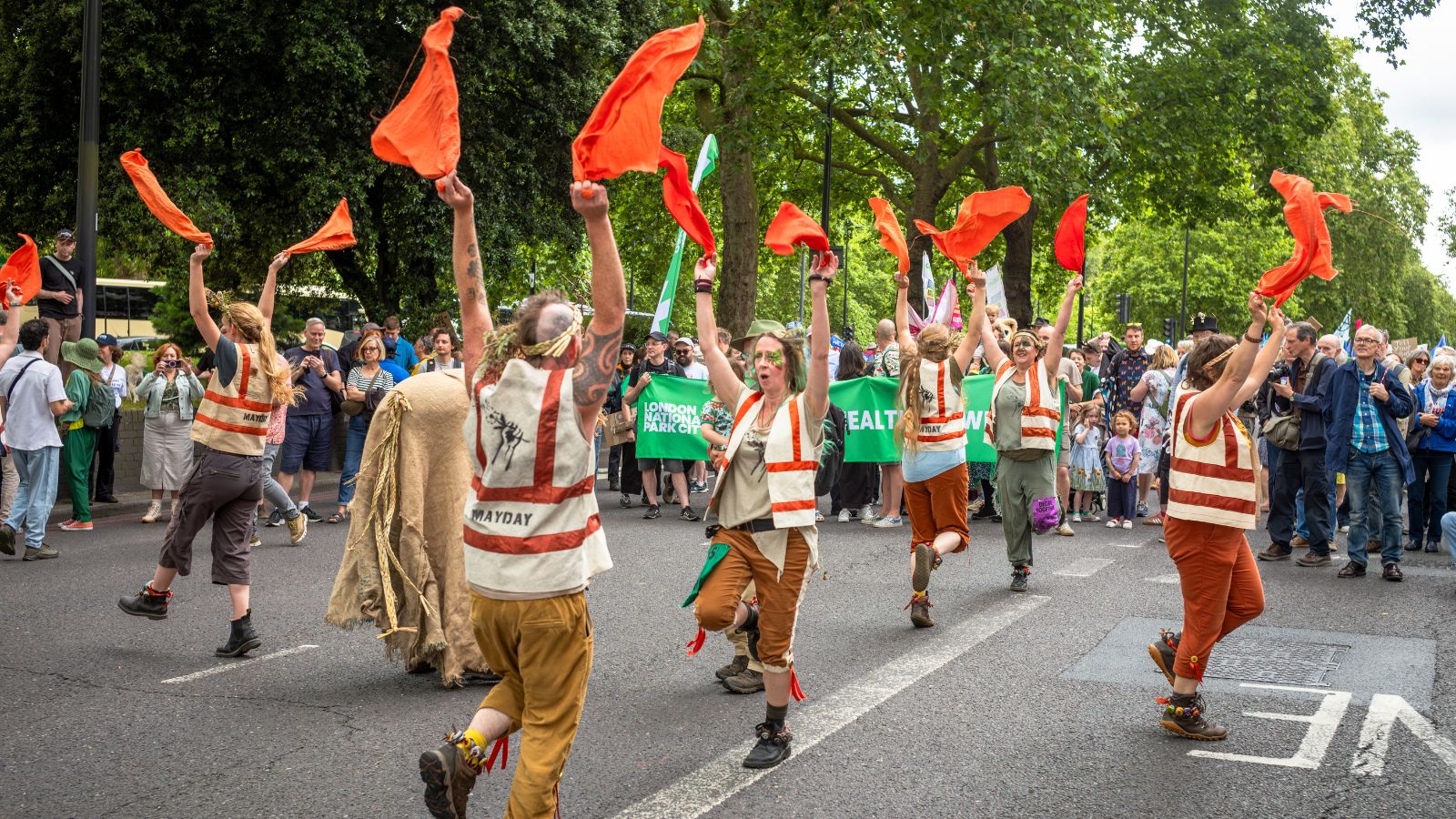
Morris dancing, with its jingling bells, waving handkerchiefs, and lively music, once thrived in villages across the country, a vibrant celebration of community, but modern entertainment has changed that. Younger generations gravitate toward urban living, too, so this centuries-old tradition has struggled to stay relevant.
Church Weddings

Not so long ago, getting married in a church was almost a given for couples, often reflecting a deep connection to family and faith. But over the years, societal attitudes have shifted, and so have wedding preferences, with an increasing number of couples choosing non-religious ceremonies held in a variety of locations.
Sunday Roasts Every Week
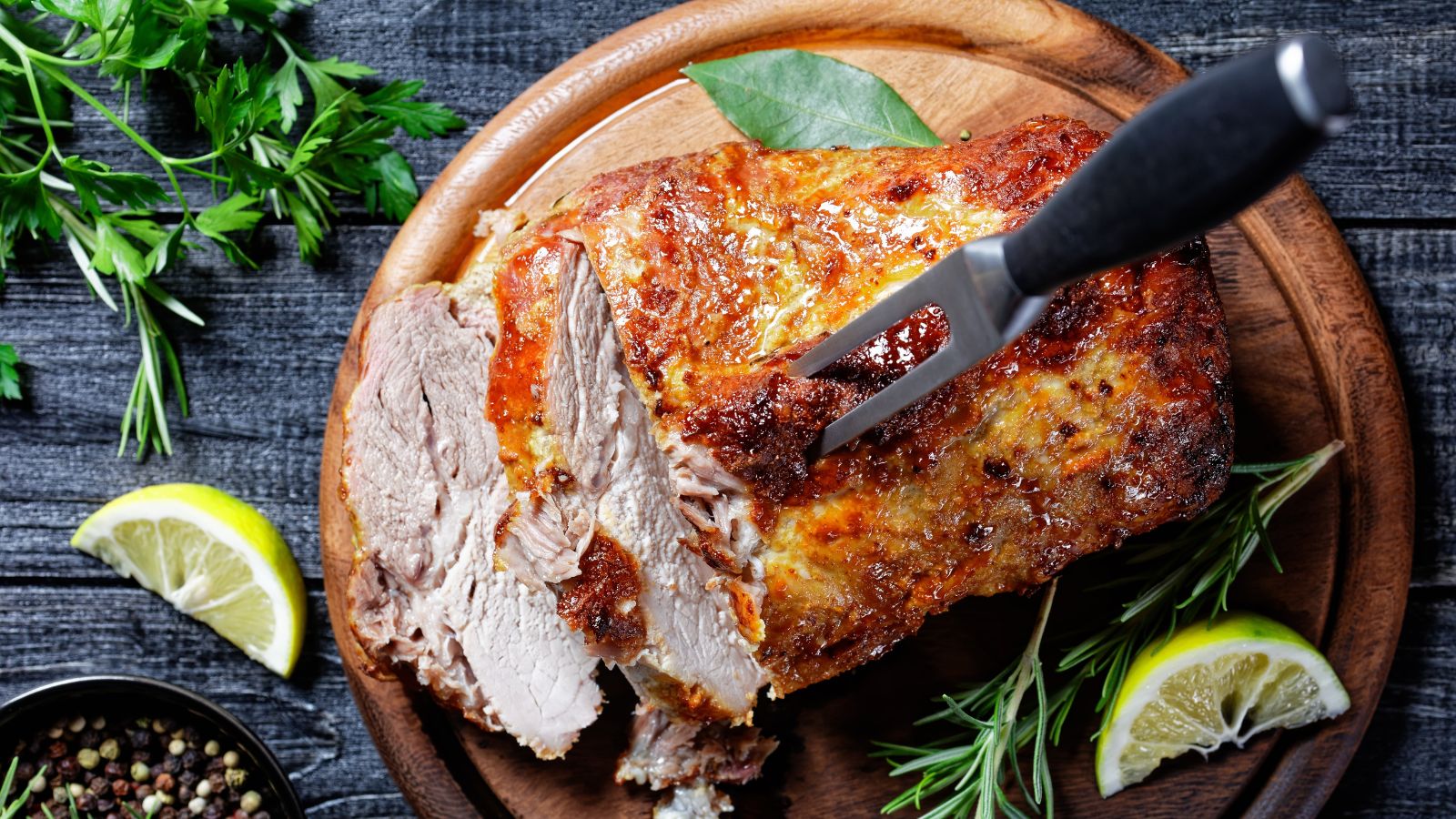
The smell of a roast chicken or beef joint filling the house on a Sunday was once a defining feature of British family life, with Yorkshire puddings, roasted potatoes, and seasonal vegetables bringing everyone together. Thanks to a variety of new dining options and busy weekends, though, Sunday roasts are less of a home tradition.
The Art of Letter Writing
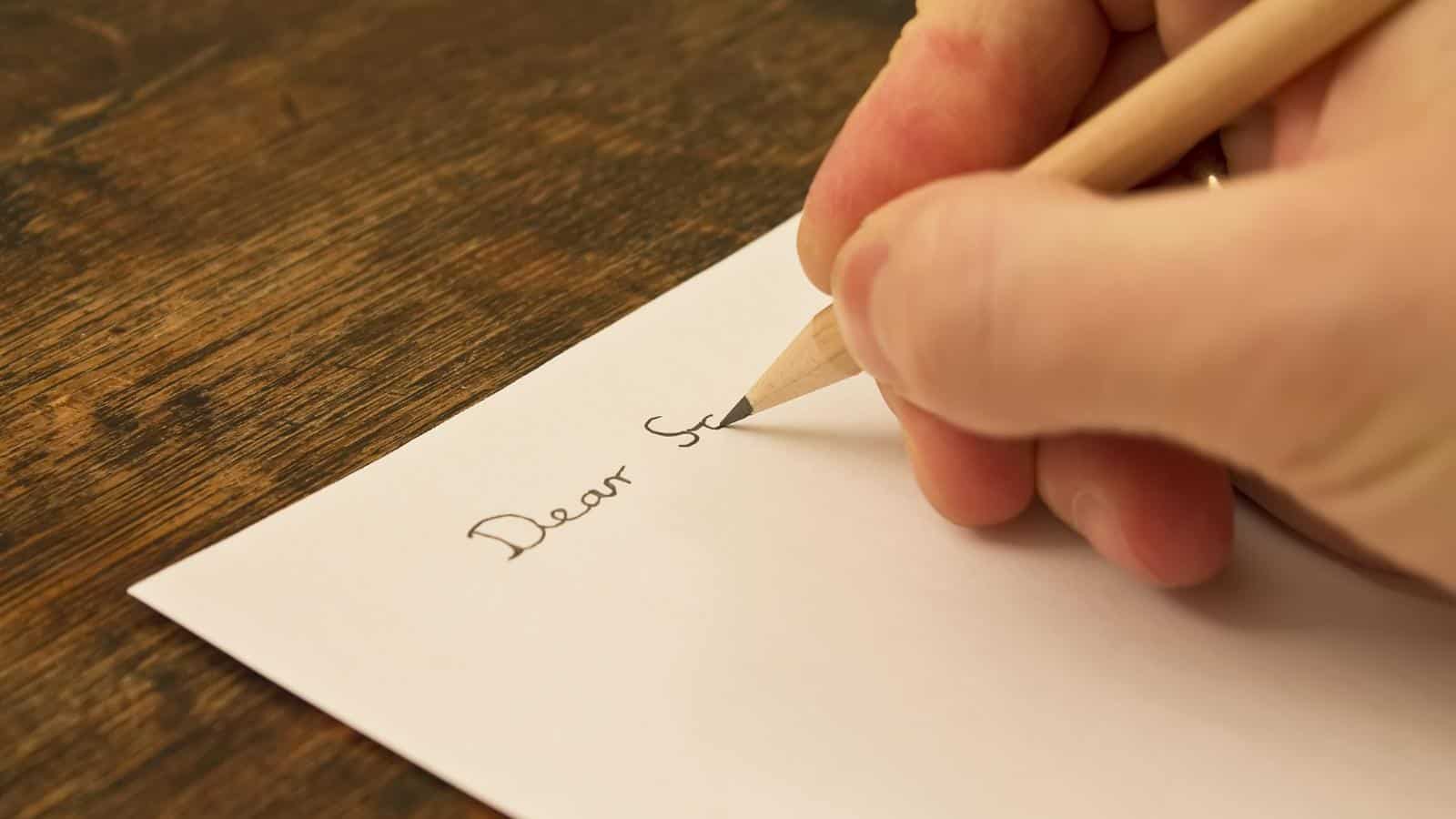
Handwritten letters used to be one of the most heartfelt ways to communicate, and putting pen to paper was a deeply personal gesture. It took time, effort, and thought, which made receiving a letter all the more meaningful, but as we know, technology has now transformed the way we speak to each other.
Black-Tie Dress Codes

Whether it was grand dinners or glamorous balls, formal black-tie events were once a major part of British social life, yet such events are becoming less common. Society as a whole has embraced more casual dress codes, even at work or in settings that once demanded formality.
The Village Fête
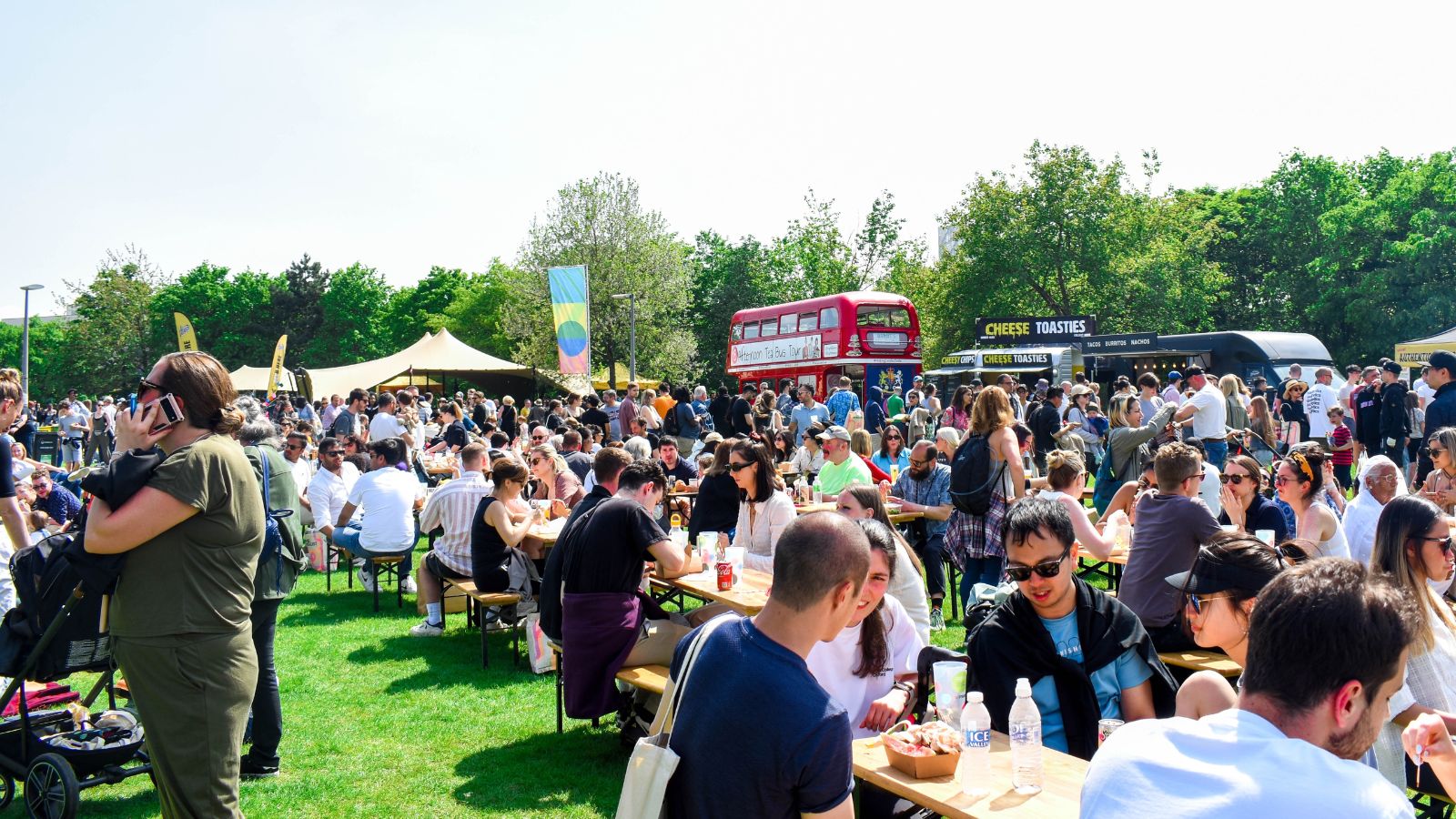
For centuries, the village fête was a highlight of rural life, with stalls selling homemade cakes, games like “hook-a-duck,” and friendly competitions such as jam-making or flower arranging. But as urbanization and modern lifestyles have taken hold, this charming tradition has started to fade.
Standing for the National Anthem

There was a time when hearing “God Save the King or Queen” meant automatically standing up as a sign of respect, whether you were at a cinema, a sports match, or a public event. This tradition was deeply ingrained in UK culture and showed patriotism, however, this practice has largely faded outside of formal occasions.
Milk Deliveries in Glass Bottles
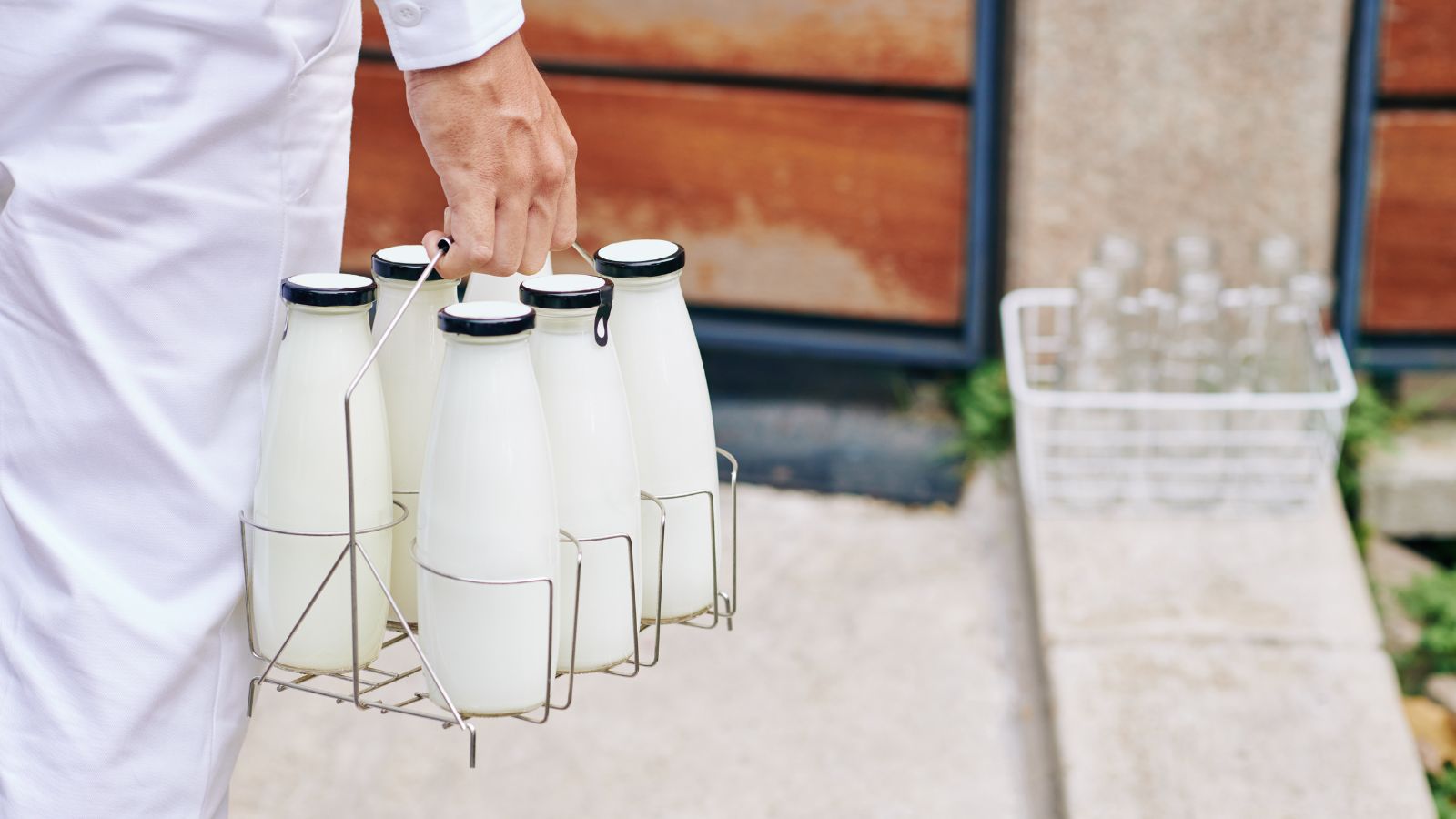
Delivered fresh by the local milkman, the service of freshly-clinking bottles on the doorstep used to be just a part of daily life, yet thanks to supermarkets and convenience stores, milk deliveries have largely disappeared. Environmental concerns have sparked some renewed interest in the practice, though, with a few companies bringing it back on a small scale.
Guy Fawkes Night Bonfires

Bonfire Night, with its homemade effigies, has been a British tradition for over 400 years, commemorating the failed Gunpowder Plot of 1605, but in recent decades, its prominence has dwindled. Competing celebrations like Halloween and large-scale firework displays hosted by local councils have overshadowed the DIY bonfires of old.
Sending Christmas Cards to Everyone

Do you still send Christmas cards to everyone you know? If you do, you might be in the minority, as the custom of writing out dozens and dozens of cards has been largely replaced by digital greetings or social media messages. Rising postage costs, environmental concerns, and busier lifestyles have all played a role in this shift.
The Gentleman’s Club

With their mahogany furniture and air of exclusivity, exclusive Gentlemen’s Clubs were once at the heart of upper-class society, offering members a private retreat for networking, relaxation, and intellectual discussion. But younger generations favor inclusive and informal environments now, leaving traditional clubs struggling to attract new members.
Bowler Hats in Daily Life

Once an iconic part of business attire in the United Kingdom, the bowler hat was synonymous with the image of a city gentleman, however as fashion trends have evolved, the bowler hat has fallen out of favor. Now, it’s more likely to be seen in period dramas or costume parties than on the heads of everyday commuters.
Cricket on the Village Green
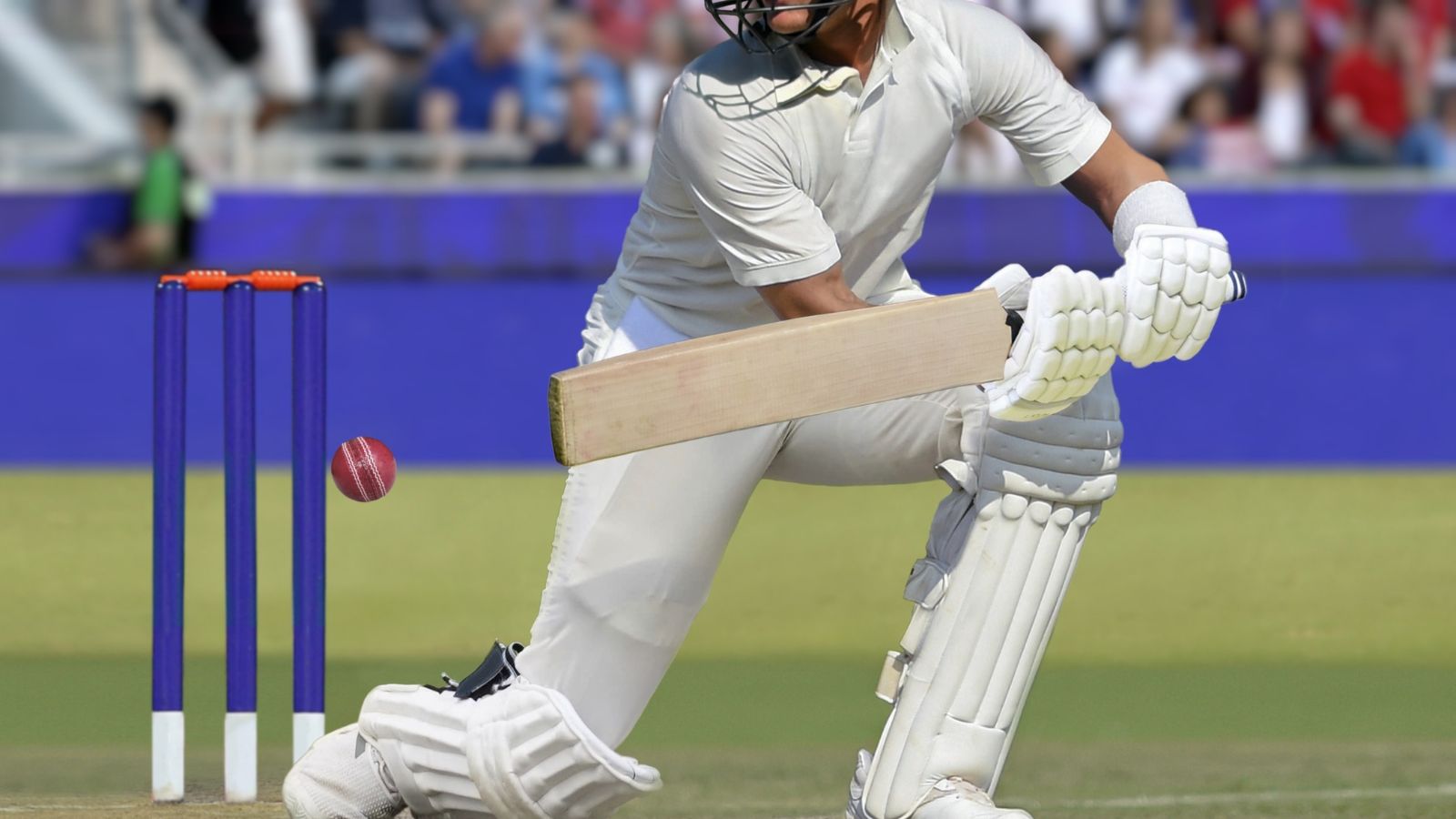
The slower pace of traditional cricket has made matches on the village green less appealing when time is at a premium, and shorter formats like T20 have drawn attention away from local games. Rural cricket clubs often struggle to recruit enough players as a result.
Calling Strangers “Sir” or “Madam”

British politeness has long been a source of national pride, and addressing strangers as “sir” or “madam” was once a natural part of conversation, but these terms feel somewhat old-fashioned now and you’d likely get a strange look if you tried it. People are more likely to use first names, informal greetings—or even skip titles altogether.
The Toastmaster at Formal Dinners
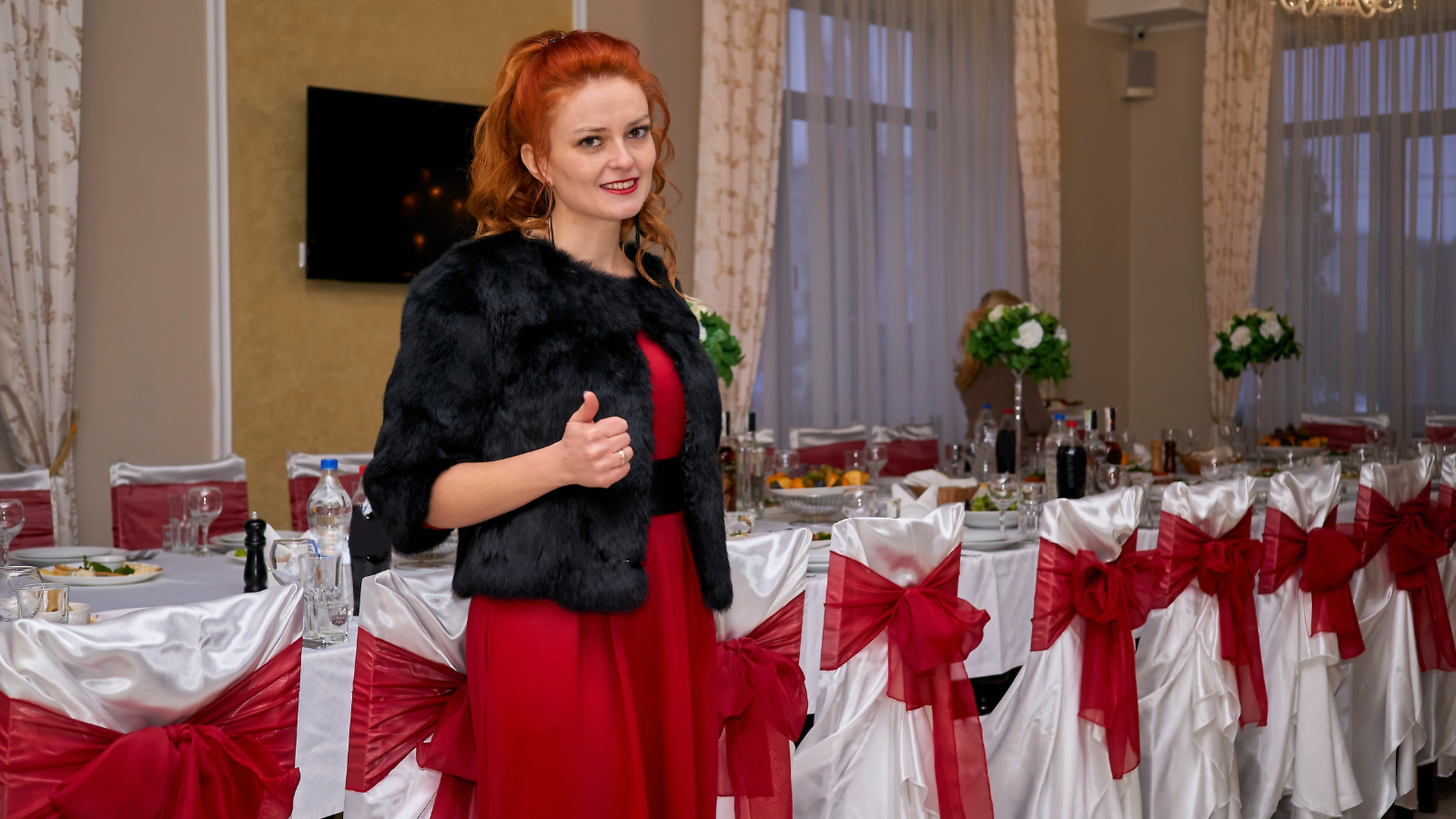
Finally, what was once a common sight at banquets and ceremonial dinners—the toastmaster, decked out in a bright red coat—was responsible for keeping events running smoothly. They introduced speakers and announced courses, but have inevitably seen a decline thanks to fewer formal dinners.

